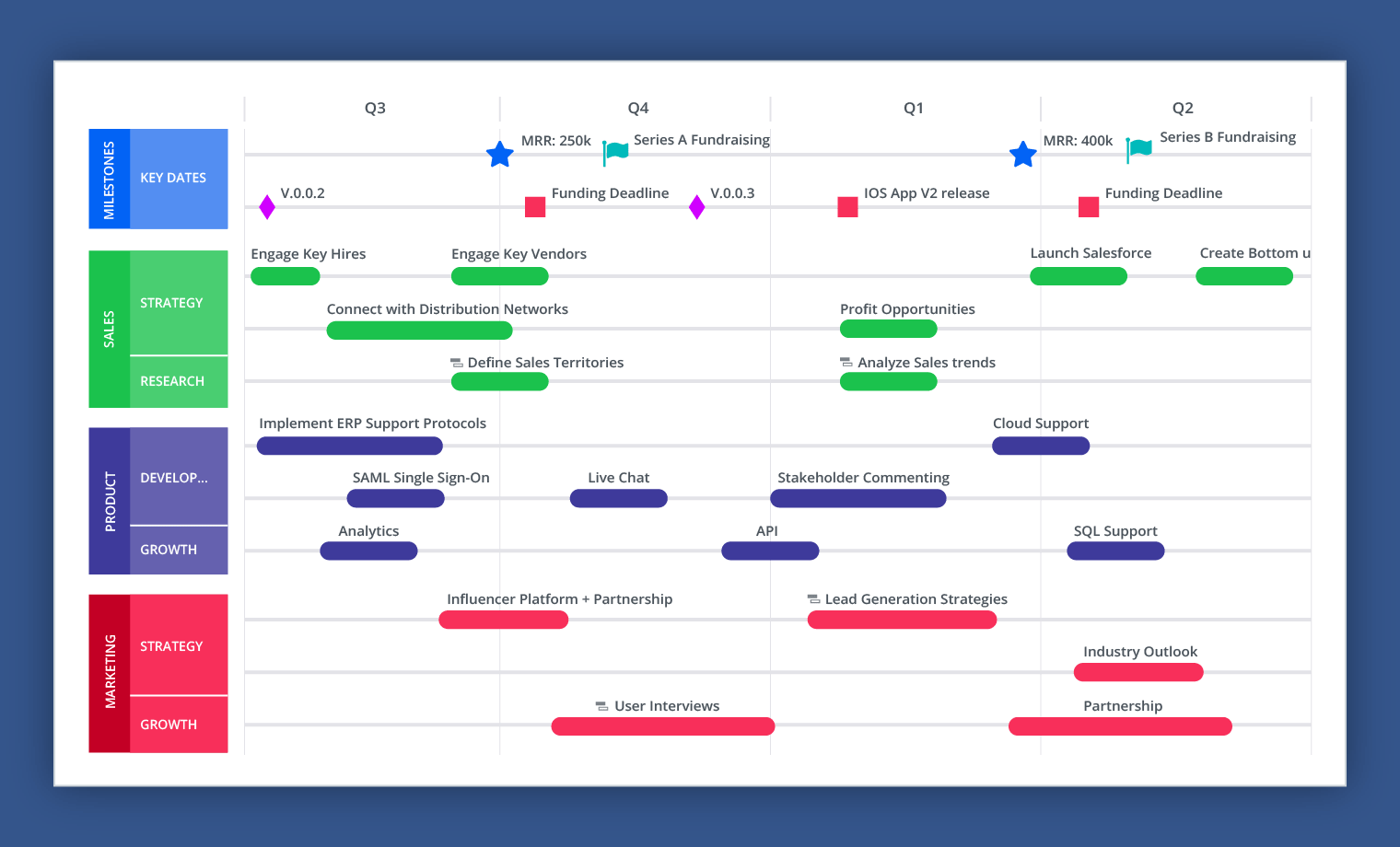Strategic Planning for Startups: A Roadmap to Success
Starting a tech startup can be an exciting and daunting experience. There are so many moving parts to consider, from product development to marketing to sales. However, one of the most crucial aspects of building a successful startup is strategic planning. Without a clear roadmap and strategy in place, your startup may struggle to gain traction and grow. In this article, we will discuss the importance of strategic planning for startups and provide a comprehensive roadmap to help you achieve success.
Why Strategic Planning is Important
Strategic planning is essential for startups because it helps you define your goals and objectives, identify potential challenges, and create a roadmap for success. Without a solid strategy in place, your startup may struggle to attract investors, acquire customers, and differentiate itself from competitors.
By taking the time to develop a strategic plan, you can set clear goals for your startup, create a roadmap for achieving those goals, and measure your progress along the way. Strategic planning also helps you anticipate potential roadblocks and challenges, allowing you to pivot and adjust your strategy as needed.
Developing a Strategic Plan
When developing a strategic plan for your startup, there are several key steps to consider:
Define Your Mission and Vision: Start by defining the purpose and goals of your startup. What problem are you trying to solve? Who are your target customers? What sets your startup apart from competitors?
Conduct Market Research: Research your target market, competitors, and industry trends to better understand the landscape in which you are operating. This will help you identify opportunities and potential challenges.
Set Clear Objectives: Establish specific, measurable, attainable, relevant, and time-bound (SMART) objectives for your startup. These objectives will serve as the foundation for your strategic plan.
Create a Roadmap: Develop a detailed plan that outlines the steps you will take to achieve your objectives. This roadmap should include specific actions, timelines, and responsibilities for each task.
Monitor and Measure Your Progress: Regularly review your progress against your objectives and make adjustments as needed. This will help you stay on track and ensure that your startup is heading in the right direction.
Key Components of a Strategic Plan
A comprehensive strategic plan for a tech startup should include the following key components:
Executive Summary: A high-level overview of your startup, including its mission, vision, and objectives.
Situation Analysis: An assessment of your startup’s internal strengths and weaknesses, as well as external opportunities and threats.
SWOT Analysis: An analysis of your startup’s strengths, weaknesses, opportunities, and threats.
Market Analysis: A detailed analysis of your target market, including customer profiles, competitor analysis, and industry trends.
Marketing Strategy: A plan for how you will promote and sell your products or services to your target customers.
Financial Plan: A detailed financial forecast that outlines your startup’s revenue projections, expenses, and funding requirements.
Risk Management Plan: A plan for how you will identify, assess, and mitigate potential risks to your startup.
Conclusion
Strategic planning is essential for the success of any tech startup. By taking the time to develop a comprehensive strategic plan, you can set clear goals, create a roadmap for success, and anticipate potential challenges. Whether you are a first-time entrepreneur or an experienced founder, strategic planning can help you build a successful startup that stands out in a competitive marketplace.


